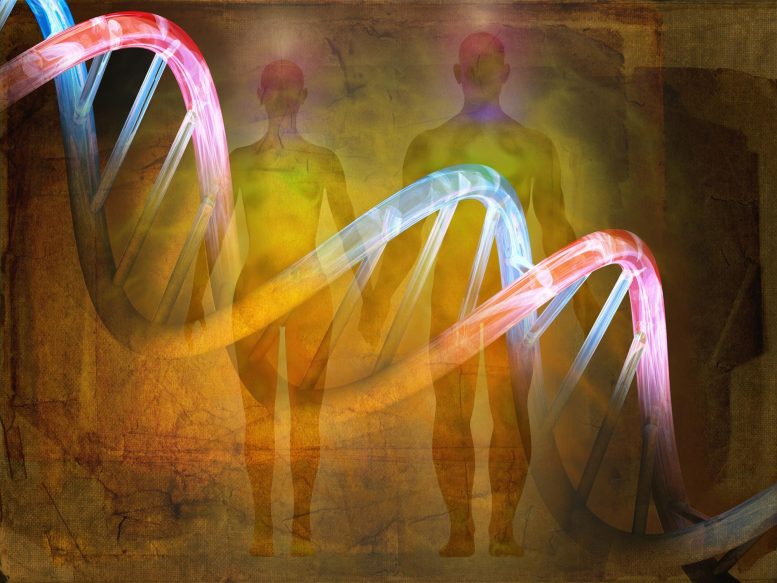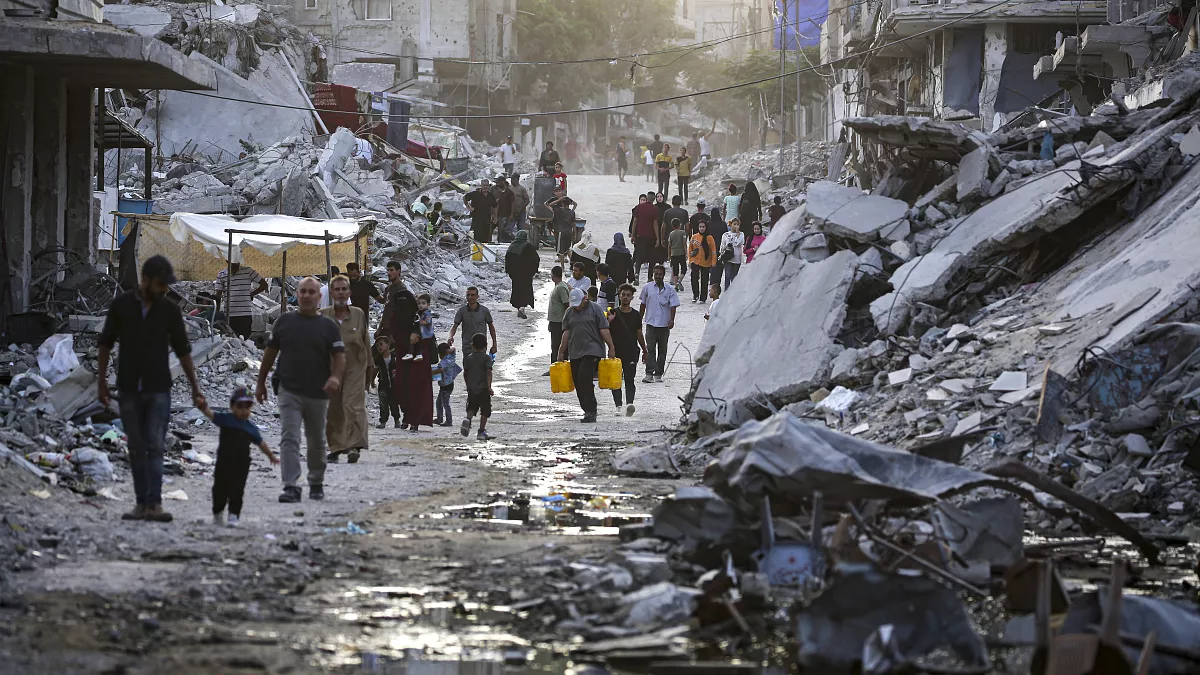aerospace: A research field devoted to the study of Earth’s atmosphere and the space beyond or to aircraft that travel in the atmosphere and space.
astronaut: Someone trained to travel into space for research and exploration.
biology: The study of living things. The scientists who study them are known as biologists.
cancer: Any of more than 100 different diseases, each characterized by the rapid, uncontrolled growth of abnormal cells. The development and growth of cancers, also known as malignancies, can lead to tumors, pain and death.
cell: (in biology) The smallest structural and functional unit of an organism. Typically too small to see with the unaided eye, it consists of a watery fluid surrounded by a membrane or wall. Depending on their size, animals are made of anywhere from thousands to trillions of cells.
colleague: Someone who works with another; a co-worker or team member.
commercial: An adjective for something that is ready for sale or already being sold. Commercial goods are those caught or produced for others, and not solely for personal consumption.
Congress: The part of the U.S. federal government charged with writing laws, setting the U.S. budget, and confirming many presidential appointments to the courts, to represent the U.S. government interests overseas and to run administrative agencies. The U.S. Congress is made of two parts: the Senate, consisting of two members from each state, and the House of Representatives, which consists of a total of 435 members, with at least one from each state (and dozens more for the states with the biggest populations).
data: Facts and/or statistics collected together for analysis but not necessarily organized in a way that gives them meaning.
database: An organized collection of related data.
develop: To emerge or to make come into being, either naturally or through human intervention, such as by manufacturing.
DNA: (short for deoxyribonucleic acid) A long, double-stranded and spiral-shaped molecule inside most living cells that carries genetic instructions. It is built on a backbone of phosphorus, oxygen, and carbon atoms. In all living things, from plants and animals to microbes, these instructions tell cells which molecules to make.
ethical: (n. ethic) An adjective to describe a code of conduct for how people interact with others and their environment. To be ethical, people should treat others fairly, avoid cheating or dishonesty in any form and avoid taking or using more than their fair share of resources (which means, to avoid greed). Ethical behavior also would not put others at risk without alerting people to the dangers beforehand and having them choose to accept the potential risks. Experts who work in this field are known as ethicists.
exotic: An adjective to describe something that is highly unusual, strange or foreign (such as exotic plants).
gene: (adj. genetic) A segment of DNA that codes, or holds instructions, for a cell’s production of a protein. Offspring inherit genes from their parents. Genes influence how an organism looks and behaves.
gene expression: The process by which a cell uses the information coded in a gene to direct a cell to make a particular protein.
genetic: Having to do with chromosomes, DNA and the genes contained within DNA. The field of science dealing with these biological instructions is known as genetics. People who work in this field are geneticists.
immune system: The collection of cells and their responses that help the body fight off infections and deal with foreign substances that may provoke allergies.
immunity: The ability of an organism to resist a particular infection or poison by providing cells to remove, kill or disarm the dangerous substance or infectious germ. Or, when used colloquially, it means the ability to avoid some other type of adverse impact (such as firing from a job or being bullied).
International Space Station: An artificial satellite that orbits Earth. Run by the United States and Russia, this station provides a research laboratory from which scientists can conduct experiments in biology, physics and astronomy — and make observations of Earth.
low-Earth orbit: An orbit fairly close to Earth’s surface — usually no more than 1,000 kilometers (620 miles), and perhaps no more than 160 km (99 mi) up. Commercial airlines, in contrast, tend to fly no higher than 14 km, or less than a tenth of the minimum low-Earth orbit.
Mars: The fourth planet from the sun, just one planet out from Earth. Like Earth, it has seasons and moisture. But its diameter is only about half as big as Earth’s.
NASA: Short for the National Aeronautics and Space Administration. Created in 1958, this U.S. agency has become a leader in space research and in stimulating public interest in space exploration. It was through NASA that the United States sent people into orbit and ultimately to the moon. It also has sent research craft to study planets and other celestial objects in our solar system.
nucleic acids: The genetic material of all life on Earth. It is usually found in the form of DNA and RNA.
orbit: The curved path of a celestial object or spacecraft around a galaxy, star, planet or moon. One complete circuit around a celestial body.
philosopher: Researchers (often in university settings) who ponder fundamental truths about relationships between things, including people and the world. The term also is used to describe truth seekers in the ancient world, ones who sought to find meaning and logic out of observing the workings of society and of the natural world, including the universe.
physiology: The branch of biology that deals with the everyday functions of living organisms and how their parts function. Scientists who work in this field are known as physiologists.
radiation: (in physics) One of the three major ways that energy is transferred. (The other two are conduction and convection.) In radiation, electromagnetic waves carry energy from one place to another. Unlike conduction and convection, which need material to help transfer the energy, radiation can transfer energy across empty space.
range: The full extent or distribution of something.
risk: The chance or mathematical likelihood that some bad thing might happen. For instance, exposure to radiation poses a risk of cancer. Or the hazard — or peril — itself. (For instance: Among cancer risks that the people faced were radiation and drinking water tainted with arsenic.)
rocket: Something propelled into the air or through space, sometimes as a weapon of war. A rocket usually is lofted by the release of exhaust gases as some fuel burns. (v.) Something that flings into space at high speed as if fueled by combustion.
screen: To perform a health test, often before any symptoms are present. Such tests can help find disease when it is easiest to treat. Screenings can include blood tests (such as for HIV, diabetes or high cholesterol), X-rays or scans (such as mammograms for breast cancer).
stress: (in biology) A factor — such as unusual temperatures, movements, moisture or pollution — that affects the health of a species or ecosystem. (in psychology) A mental, physical, emotional or behavioral reaction to an event or circumstance (stressor) that disturbs a person or animal’s usual state of being or places increased demands on a person or animal; psychological stress can be either positive or negative.
system: A network of parts that together work to achieve some function. For instance, the blood, vessels and heart are primary components of the human body’s circulatory system. Similarly, trains, platforms, tracks, roadway signals and overpasses are among the potential components of a nation’s railway system. System can even be applied to the processes or ideas that are part of some method or ordered set of procedures for getting a task done.
telomere: A natural protective “cap” on the ends of chromosomes, made by successions of a six-nucleotide sequence of chemicals. This chemical sequence is found only on the ends of chromosomes. It’s known as TTAGGG, where each T corresponds to a molecule of thymine, each A is a molecule of adenine and each G is a molecule of guanine. Over time, telomeres shorten as they cell they’re in copies itself. If the telomere length gets too short, the cell stops dividing and dies.
tissue: Made of cells, it is any of the distinct types of materials that make up animals, plants or fungi. Cells within a tissue work as a unit to perform a particular function in living organisms. Different organs of the human body, for instance, often are made from many different types of tissues.














/https://tf-cmsv2-smithsonianmag-media.s3.amazonaws.com/filer_public/34/31/3431771d-41e2-4f97-aed2-c5f1df5295da/gettyimages-1441066266_web.jpg)






Discussion about this post